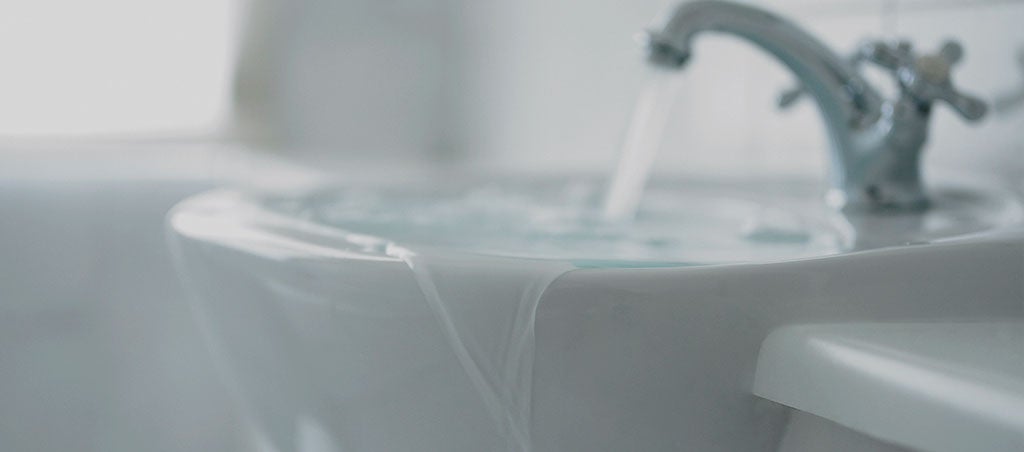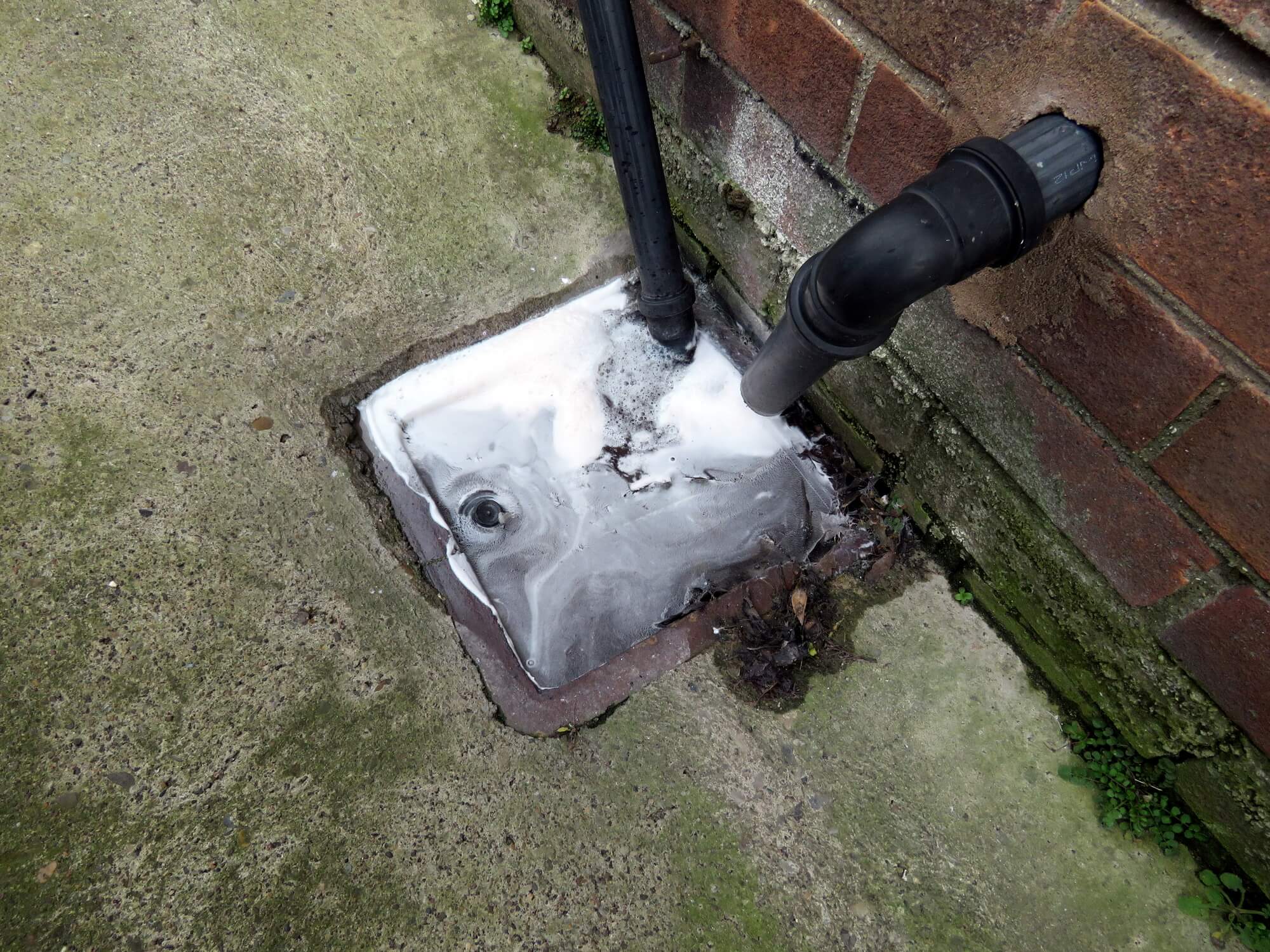Measures for Dealing with a Blocked Drain Prior to Reaching out to Professional Plumbers
Measures for Dealing with a Blocked Drain Prior to Reaching out to Professional Plumbers
Blog Article
What're your concepts on What I learned from trying to deal with a clogged drain?

Introduction
Dealing with a blocked drain can be a frustrating experience, disrupting daily tasks and possibly causing damages to your residential or commercial property. Nevertheless, prior to reaching out to pipes experts, there are steps you can take to deal with the problem on your own. In this overview, we'll check out DIY options and preventive measures to take on an obstructed drainpipe properly.
Recognizing the Concern
The very first step in addressing an obstructed drainpipe is acknowledging the signs. Slow water drainage, gurgling noises, foul odors emanating from drains pipes, or water backing up prevail indications of an obstructed drain. Recognizing these signs early can help protect against even more complications.
Selecting the Right Pipes Solution
When choosing a pipes service, think about factors such as experience, licensing, and customer reviews. Pick a credible plumber with a track record of high quality craftsmanship and clear pricing practices.
Price Factors to consider
The price of expert drainpipe cleaning services can vary depending upon the intensity of the obstruction and the plumbing technician's prices. Demand quotes from several carriers and inquire about any kind of service charges to make certain openness and avoid shocks.
Safety and security Measures
When attempting do it yourself drainpipe cleaning, focus on safety and security. Wear safety gloves and eyewear to avoid contact with damaging chemicals or bacteria. Never mix different drainpipe cleansing products, as this can create hazardous fumes.
Case Studies
Real-life instances highlight the performance of do it yourself services and the importance of timely professional treatment in fixing drainpipe obstructions.
Usual Reasons For Blocked Drainpipes
Comprehending the elements that contribute to drain pipes obstructions is essential for reliable resolution. Typical perpetrators consist of hair, soap scum, oil, food particles, and foreign things like hygienic products or paper towels. Tree origins attacking below ground pipes can also trigger significant blockages.
Do it yourself Solutions
For minor clogs, numerous DIY options can be reliable. Pouring boiling water down the drain can assist liquify grease and debris. Sodium bicarbonate and vinegar or a mixture of salt and cooking soft drink can function as all-natural cleansers. Using a bettor or pipes snake to remove blockages is one more alternative.
Devices and Tools
Having the right devices accessible can make DIY drain cleansing more effective. A plunger is a functional device for removing clogs in sinks, bathrooms, and showers. A plumbing snake or auger can get to much deeper obstructions, while drainpipe cleansing chemicals can be made use of carefully for persistent obstructions.
Preventive Measures
To avoid future obstructions, taking on safety nets is vital. Install drainpipe guards or strainers to capture hair and debris prior to they get in the pipes. Routinely flush drains with hot water to liquify grease accumulation, and prevent getting rid of grease or solid waste down the drain.
When to Call an Expert
While DIY options can deal with small blockages, specific signs suggest the demand for professional help. Consistent clogs, foul odors despite cleaning up initiatives, or multiple drains backing up concurrently are red flags that call for professional treatment.
Final thought
By following the ideas described in this overview, you can efficiently take on blocked drains and protect against future plumbing problems. Whether going with do it yourself solutions or seeking expert aid, prompt action is crucial to keeping a healthy and balanced plumbing system and preserving the stability of your home.
How to Clear a Clogged Drain Yourself (And When to Call In the Professionals)
What Can Clog a Drain
Dirt Skin flakes Hair Grease Soap scum Food Offset pipes Tree roots Small objects Mineral buildup DIY Tricks to Unclog a Drain
You can fix this! Once you have identified the source of the clog (or have a vague idea), you can try one or a combination of these fixes in order to clear your plumbing.
Wire Hanger or Snake
Untangle and clear out hair from a drainpipe with a homemade snake. Use a straightened-out wire hanger with a 90-degree angle hook to locate the clog and drag out any unwanted material.
Remember not to push the clog further down to where the wire hanger cannot reach! If you need to follow up with a plunger, give it a try. Your efforts might be more successful after it’s been wire-snaked.
If you want to get fancy and don’t have a wire hanger to spare, head to the store and pick up a hand-operated drain snake. You can get one for $10-$30. It may save you the hassle, and provide additional length to reach deep into the clogged pipe.
Plunger
A cup plunger has a suction cup attached to a wooden handle. The rubber creates a seal around the drain, and increases the pressure force of the plunger.
Plunge for 30-second increments to loosen the clog. This may need to be repeated over the course of 15-20 minutes. Once plunged, run the water to flush the remaining material out of the drain.
Remember– never use a plunger if you have used a chemical drain cleaner. These chemicals can splash up from the force of the plunger and cause serious injury or burns.
Boiling Water
Hot water can sometimes break up materials into a flushable amount. Dirt, grease, and soap buildup requires heat in order to unstick from surfaces.
Take your kitchen kettle and heat your water to a boil. Once it reaches a rolling boil, pour it directly down the drain into the blockage. Carefully follow with plunging, if necessary.
Don’t worry if this takes more than one try! It can often take multiple kettles and repeated plunging in order to clear a particularly stubborn clog.
Chemical Drain Cleaner
As a last resort, pick up a bottle of chemical drain cleaner. Drain-cleaning chemicals are potent, and not very good for the environment.
You may need to wear protective eyewear in gloves before handling your bottle of chemical drain cleaner. Follow the instructions printed on the bottle, and flush with water as soon as the instructions allow. Do not follow with plunging.
Baking Soda and Vinegar
As a safer alternative to chemical drain cleaner, baking soda and vinegar can create a chemical reaction that clears tough clogs.
Combine one cup of cleaning vinegar with one cup of boiling water, and set aside. Once you have done this, pour half a cup of baking soda down the drain. Give the baking thirty seconds to settle and cover a large portion of the problem drain.
Following the baking soda, pour down your vinegar and hot water solution. Once the vinegar and baking soda combine, the mixture will bubble and fix. Let this reaction fizzle in the drain for about an hour.
After an hour, follow with a kettle’s worth of hot water. The heat and liquid should flush out any remaining material.
When to Call a Plumber
If your DIY attempts haven’t cleared your clog drain, it’s time to call in a professional. It’s not worth losing access to your kitchen sink or high-traffic bathroom. A clog in a vital area can keep you from the things you’d rather be doing, and derail your routine.
Anytime a clog is causing water to spread is a time to call in a plumbing service. What starts out as a little bit of water can quickly grow into serious, expensive water damage.
Additionally, a serious clog can result in burst pipes or serious leaks. Make sure you know when to take it seriously!
https://myguysnow.com/how-to-clear-a-clogged-drain-yourself-and-when-to-call-in-the-professionals/

We were made aware of that write-up on Tips for Dealing with Clogged Drains and Sewer Lines from a friend on another web property. Sharing is nice. Helping others is fun. I am grateful for your time. Return soon.
Book Report this page